"There can be no life without soil and no soil without life; they have evolved together.” - Charles E. Kellogg, USDA Yearbook of Agriculture, 1938
Industrial agriculture is eroding soils around the globe, and change is necessary if we are to ensure our long-term food security. The common fact that does the rounds is that we have 60 harvests left if the status quo continues.
REGENERATIVE AGRICULTURE
Fortunately, regenerative agriculture provides a cause for hope. When adopted on a global scale, it will not only put a halt to the amount of soil degradation that is currently taking place, but reverse it.
Regen Ag (as it is often referred to) focuses on improving soil health and restoring ecosystems by following a set of farming practices that maximise the conversion of sunlight into sugars through the process of photosynthesis. The late Tony Coote from The Mulloon Institute beautifully describes the principles of regenerative agriculture in the video below.
If the focus of farmers shifts away from maximising short-term yields and towards regenerating the landscape, this would result in more carbon being dragged down from our atmosphere and stored in the ground, more water being stored where it can be utilized, and the production of more nutritious food. Without exaggeration, such a shift in mindset would contribute to reversing climate change and create a robust food supply and healthier society.
THE IMPORTANT ROLE LIVESTOCK MUST PLAY
The regeneration of drylands in particular is reliant on the implementation of grazing systems that allow livestock to behave in a way that mimics how their ancestors once behaved in the wild. When livestock move, mob, and mow like they coevolved with the land to do so, they disturb and fertilise the land just the right amount to allow it to renew and thrive. In the Ted Talk below (~20 min), Allan Savoury explains in greater detail why the holistic management of livestock is the only tool we have that can turn the world's deserts green.
REGENERATIVE AGRICULTURE AND BARBELL FOODS
At Barbell Foods we source our meat from farmers who use planned grazing as a tool to improve the health of their soil. When you buy from us you will know your farmer and have peace of mind that your meat was produced in a way that is better for the land, better for the animal, and better for you.
1 Response
Leave a comment
Comments will be approved before showing up.
Also in Regenerative Agriculture

OUR PARTNERSHIP WITH LAND TO MARKET AUSTRALIA






Rachel Ward
June 20, 2020
That was a beautifully and simply articulated description of Regen farming. Loved the Tony Coote explanation too. Great that you are a land to market fan. All the best with your value laden business.